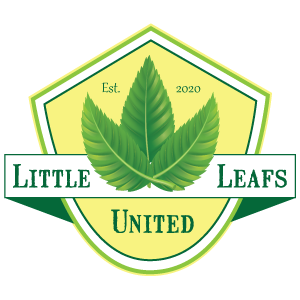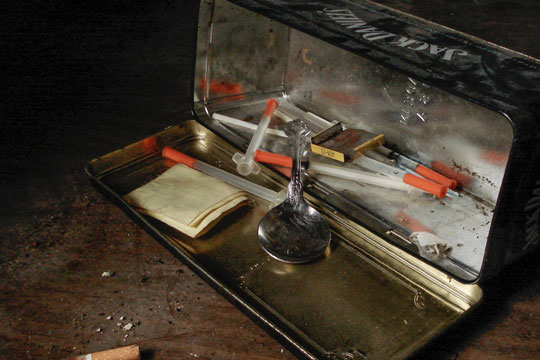#KratomSavesLives: On Page with Dorothy
In the late 1990s pharmaceutical companies were reassuring the medical communities and healthcare providers nationwide that prescribing opioid pain relievers to treat chronic pain would not lead to addiction or the misuse of medications. Fast forward to 2019, a record high overdose of deaths reported by the CDC were approximately 70,980 or shortly close to 200 deaths per day in the United States.
This public health crisis has devastating consequences not only wrecking the lives of opiate consumers but equally the lives of the families and friends of their loved ones.
Today we are on page with Dorothy who has lived thru being a partner of an opiate addict. Dorothy was kind enough to talk with me about how Kratom has changed her life thru changing her husbands life.
When I first spoke with Dorothy I had asked her if she took Kratom and what the reasons were for taking Kratom. Her response is the reason for writing this articles and one of the main reasons for my journey with Kratom.
Me: How did you first hear about Kratom and it’s possibilities that it would help your husband?
Dorothy: I heard about Kratom from my husband. He said it was all natural and it would help him with his back pain and anxiety. I thought it was another way for him to get high. My husband used to go to the smoke shops and get stuff like bath salts and spice. I was very hesitant. We had just gotten back together after three years. I was scared for him to try Kratom
Me: What concerns did you have when your husband started taking Kratom?
Dorothy: I kept looking for “the signs”. The little things he would do when he was high. How he talked, facial expressions, anything that would tell me he was using Kratom to get high.
Me: What has changed in your life because your husband was able to beat his addiction?
Dorothy: Everything has changed. We could have normal rational conversation. I wasn’t always worried about money disappearing. He was dependable, he was happy, and he was the good man I knew.
Me: As I am sure that you went thru a lot during your husband’s addiction what was the hardest part day to day?
Dorothy: The hardest part was my daughter. Knowing she didn’t deserve a life with a drug addict. I kicked him out so many times and took him back so many times. Nobody understood why, sometimes I didn’t either. I knew how he was when he wasn’t high. The good person he was and could be if he just stopped the drugs. Finally and the last time I kicked him out was when I found him doing Heroin.
Me: Since your husband has been taking Kratom what has been the major difference you have seen in his behavior?
Dorothy: He is no longer high. He is now my partner in life, like I always wanted.
Me: What was the financial cost of your husband’s addiction versus the financial cost of Kratom?
Dorothy: Well, I’m not replacing stuff because he sold it for drugs. Using small vendors to buy his Kratom has helped a lot.
Me: Do you think doctor’s should use Kratom as a alternative with their patients?
Dorothy: Yes I do.
Me: Do you yourself take Kratom and if so why?
Dorothy: Only when I have extreme pain. The kind of pain that shows up out of nowhere.
Me: You are very active in the Kratom community, how often do people speak to you about trying Kratom to help them overcome their addiction?
Dorothy: Quite often. I and a group of women have put a calendar together for charity. It’s faith based men and how they overcame their addiction by using Kratom.
Me: If there was one piece of advice to families that are going thru what you did what would you tell them?
Dorothy: Don’t stop trying to help. There are alternative therapy methods to what medicine offers.
Me: To those who think Kratom is just another form that someone can be addicted to, what would you say to that?
Dorothy: We can get addicted to anything. That is what I think. If my Husband is addicted to Kratom, good. I would take this addiction over a Klonopin, Heroin or Opioid.
The sharing of Dorothy’s story made me realize that the opioid crisis reaches far beyond the user. It effects families in ways that the Health Care industry should be mortified by their part in this National Crisis.
A couple of years ago I traveled to Asia and stopped off at the local pharmacy in search of some asthma inhaler. In countries outside of the United States most drugs is two-thirds the cost of the same brand in the United States. In addition to asking for a case of inhalers to bring back home I also asked about getting some Ambien for sleep. The pharmacist behind the counter shook her head in part in sadness and in part of pity and went on the explain that drugs like that in the country are not permitted. Why?
In countries where health care is paid for by the country dispensing medications that has any effects or possibility of addiction is not their way of helping people. In countries that pay for the peoples healthcare it would make no financial sense on their part to keep people dependent on medications. Some European countries give financial incentives to their health care providers for producing healthy patients. One would think that here in America the medical industry would change their approach to the way we treat patients and be more cautious about what they prescribe considering the economic burden from the misuse of opiates has cost the country an estimate of over 78.5 billion dollars in healthcare, lost of productivity, addiction treatment and criminal justice involvement.









